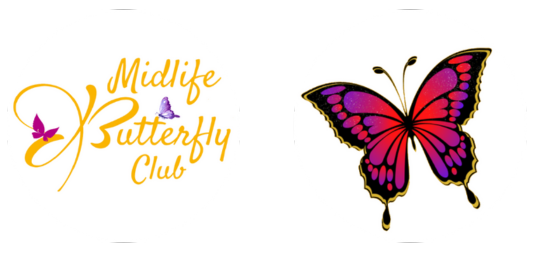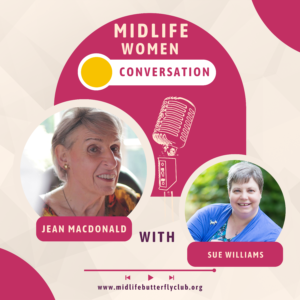
Writing for Beginners with Sue Williams
Writing can often seem daunting, especially for beginners, but Sue Williams, known as the “Author Advocate,” believes that anyone can start writing with the right approach. In this interview, she shares valuable insights and practical tips for aspiring writers. From overcoming self-doubt to exploring different writing techniques like journaling and storytelling, Sue emphasizes that writing is a journey that can begin at any stage of life. Whether it’s picking up a pen or using modern tools like voice-to-text software, there are many paths to finding your unique writing flow.
Overcoming the Fear of Writing
Many beginners hesitate to start writing due to self-doubt. Questions like “What would I write about?” and “Who would want to read what I write?” are common roadblocks. Sue explains that these thoughts often stem from comparing ourselves to established authors. However, the key to overcoming this fear is to simply start writing, even if it feels awkward at first. By putting pen to paper—or fingers to keyboard—you begin the process of unlocking your thoughts and creativity.
One of Sue’s simplest tips is to write, “I don’t know what to write,” repeatedly until something else begins to flow. This removes the pressure of perfection and allows the mind to warm up to the idea of writing freely.
Different Ways to Get Started
While traditional pen-and-paper writing works for many, Sue encourages exploring different methods to get into the flow. Some people may find it easier to speak their thoughts into a voice recorder and later transcribe them using speech-to-text technology. Others may prefer to write morning pages—a practice of freewriting first thing in the morning to clear mental blocks and encourage creativity.
Sue highlights that writing doesn’t have to be a solitary or intimidating task. By experimenting with various techniques, like recording your thoughts or even collaborating with a friend, you can find a method that resonates with your personal style.
The Power of Journaling
Journaling is one of the most accessible forms of writing and an excellent way to start. It helps you express thoughts, process emotions, and practice the craft without the pressure of writing for an audience. Sue points out that journaling is different from keeping a diary, as it often focuses on exploring feelings, ideas, and mental blocks rather than simply recording daily events.
For those new to journaling, the practice of morning pages can be a useful tool. This involves writing three pages of stream-of-consciousness thoughts every morning. It’s a way to declutter your mind and develop a consistent writing habit.
Small Wins: Starting with Short Stories or Blog Posts
Sue suggests that new writers ease into the process by setting smaller, achievable goals. Instead of immediately aiming to write a full-length book, try writing short stories, blog posts, or even personal essays. Sharing your writing with a trusted friend or publishing it in a local magazine or online platform can help build confidence and ease the transition into more ambitious projects.
Sue herself began by creating anthologies of true-life stories from women, offering them a platform to share their experiences in 2,000-word pieces. This approach of starting small can make the idea of writing less daunting and help budding writers find their voice.
The Importance of Writing Communities
For those feeling isolated in their writing journey, Sue emphasizes the importance of connecting with other writers. Being part of a supportive community can provide encouragement, feedback, and accountability. Sue’s initiative, Authors on Tour, brings writers together through online talks and in-person events where they can share their experiences and gain inspiration from established authors.
The events also offer writing prompts, discussions, and opportunities to meet fellow writers. These gatherings help break the isolation that many writers feel and create an environment of mutual support and creativity.
Learning from Successful Authors
Sue also organizes talks with successful authors like Fiona Harrold and Jamie Smart, who share their insights on writing and overcoming mental roadblocks. These talks provide practical advice, from managing the inner critic to developing a productive writing routine.
Learning from the experiences of others can be incredibly motivating. Sue’s platform offers both beginner writers and those more experienced a space to engage with authors who have navigated the same challenges and found success.
Conclusion
For those interested in writing, the journey begins with one small step—whether that’s journaling, writing short stories, or simply jotting down thoughts. Sue Williams encourages beginners to embrace the process, explore different methods, and connect with a supportive community. Anyone can start writing with consistent effort and the right mindset.
To learn more about Sue’s work and upcoming events, visit her website at www.suewilliams.com/events or join the Authors on Tour Facebook group for additional support and inspiration.
You can download this recording to your phone and listen to it as you do other things.
https://www.buzzsprout.com/100996/11112892-writing-for-beginners-with-sue-williams





This Post Has 0 Comments